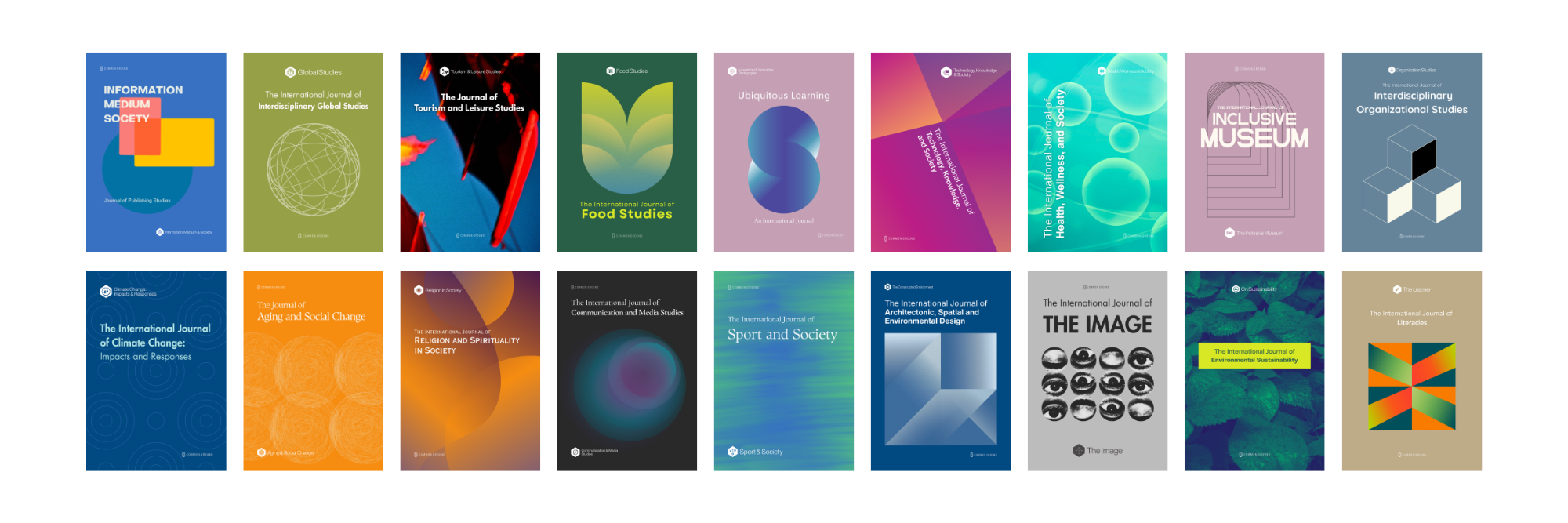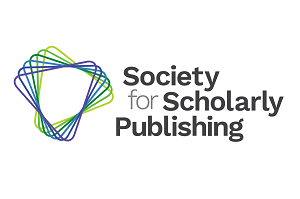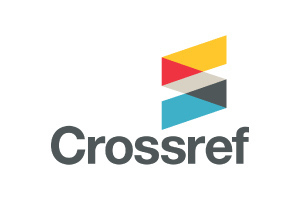Scholar Led, Participatory, and Socially Responsible


At Common Ground, excellence is not measured by impact factor alone—it is measured by participation, fairness, and rigor. Our peer review process is double-blind and rubric-based, ensuring consistent and transparent evaluation. But it is also developmental: reviewers provide thoughtful, structured feedback designed to help authors strengthen their arguments and refine their work.
In our model, authors and reviewers are collaborators, not adversaries. The result is a peer-review process that is not only fair and thorough but genuinely educative—especially for emerging scholars. We encourage members to participate as both authors and reviewers, recognizing that each act of engagement contributes to the vitality of the research community.
We believe that scholarship gains strength through diversity. Our journals welcome submissions from all regions, institutions, and career stages, and we actively publish in both English and Spanish, with several bilingual journals expanding our reach across linguistic and cultural contexts.
We are proud to publish research that challenges dominant paradigms, highlights marginalized perspectives, and extends academic conversation to new geographies and voices.
Common Ground has long supported open and affordable access to research. We offer a flexible range of rights agreements—including full Gold Open Access models—allowing authors, institutions, and funders to choose the path that best fits their goals and resources.
Our approach to open access is guided by the principle of equity: through our membership model, authors receive CGScholar Points that can be applied toward publication costs.
We are also proud signatories of the United Nations Sustainable Development Goals Publishers Compact, reaffirming our commitment to publishing research that supports global social, economic, and environmental sustainability.
Every year, we recognize outstanding contributions through the International Award for Excellence, celebrating articles that exemplify innovative scholarship and social relevance. Our editorial boards, composed of leading and emerging scholars from around the world, ensure that our publications reflect the diversity and dynamism of global research.
Articles published in Common Ground Journals are indexed in key databases, accessible through library subscriptions, and discoverable worldwide via DOIs registered with Crossref. But beyond metrics, what truly defines our impact is the way our journals connect people and ideas—building bridges between disciplines and between scholarship and practice.
The transition to the age of the Knowledge Experience marks a profound evolution in how we think about scholarly publishing. CGScholar integrates publication with the broader processes of collaboration, feedback, and learning, transforming the journal from a static artifact into part of a living network of inquiry.
In this environment, articles are not isolated texts but nodes in a social knowledge system—discoverable, reviewable, and continually engaged by a community of peers. Technology amplifies connection, but it is human participation that gives it meaning.

The Association of American Publishers (AAP) is the largest U.S. trade association for the consumer, educational, professional and scholarly publishing industry. Our more than 400 member organizations include U.S.-based multinational corporations, independent publishers, university presses, nonprofit publishers, professional and scholarly societies and industry service providers.

ALPSP is an international membership trade body that supports and represents not-for-profit organizations and institutions that publish scholarly and professional content. With over 300 members in 30 countries, membership also includes those that work with these publishers.

The Society for Scholarly Publishing (SSP), founded in 1978, is a nonprofit organization formed to promote and advance communication among all sectors of the scholarly publication community through networking, information dissemination, and facilitation of new developments in the field.

Crossref is a not-for-profit membership organization for scholarly publishing. Crossref and its members work to make content easy to find, link, cite,and assess by using online tools and services to improve research communications. Crossref's goal is to be a trusted collaborative organization with broad community connections; authoritative and innovative in support of a persistent, sustainable infrastructure for scholarly communication.

We are proud to be a signatory to the United Nations Sustainable Development Goals Publishers Compact. Launched in collaboration with the International Publishers Association, the compact “features 10 action points that publishers, publishing associations, and others can commit to undertaking in order to accelerate progress to achieve the Sustainable Development Goals (SDGs) by 2030. Signatories aspire to develop sustainable practices and act as champions of the SDGs, publishing books and journals that will help inform, develop and inspire action in that direction.